Designer Ann Ueno’s Roundabout Path to Business Success
Design school wasn’t part of the journey. Design experience was.
Some people are good at design; others are good at business. Ann Ueno is good at both. In fact, it’s this blend of creativity and business knowledge she swears by as the key to her success in the design industry.
Ueno has more than 16 years’ experience in the luxury hotel space and nine years in interior design. She opened her own design business in 2018, and it turned a profit in the first year. Read on to learn how Ueno leveraged her corporate experience to build a successful business, and to hear her advice for new designers.
Corporate Roots Blossom Into a Design Career
Ueno studied accounting, marketing, advertising and economics in college. This equipped her for a corporate role at Starwood Hotels and Resorts, which was acquired by Marriott International in 2016. “I worked in the hotel industry for 16 years, but about six years into it, I realized I wanted to be a designer. I love interior design so much. It was what I wanted to do, but I didn’t have a degree in it, so I started designing my own house and family’s houses for free,” she says.
“My boss at Starwood knew that I loved design. So in 2010, she actually employed me to work on a project for our offices. She said, ‘Hey, I know you love this. Do you want to redesign our office space? Get a building, work with the real estate team, work with the construction team and architect, finance, legal, everything, and do this project?’ I said an emphatic yes,” says Ueno. “And that project led to my first paid [design] job.”
Ueno says that while she was developing this passion and designing on the side, the enticing salary and benefits kept her in the corporate world. Then she moved to Miami in 2014, and her side hustle really took off. “I was designing nights and weekends while still working full-time, managing a big team and big budgets,” she says. And in 2018, she quit corporate America to start a full-time business, Ann Ueno Interior Design, and give it 100%.
“I always tell aspiring designers who didn’t go to school for it to just go ahead and get the design experience, whatever that may be,” Ueno says. “I got more experience in nine years than I would have going to school for it, and without the student debt.”
Pivoting During the Pandemic
Every designer has been forced to adapt to the pandemic in some way. How did Ueno handle it? “I’m part of a bunch of interior design groups,” she says. “Everybody was quick to pivot in their business, like, ‘OK, I’m going to launch this new product, or I’m going to change my pricing.’ I decided I was going to launch e-design packages, but found they were a lot of work and not as profitable as I’d hoped.”
So Ueno went back to the drawing board and dug deep. “I asked myself, ‘What value do I add to the world? What’s something my brand brings that’s different?’” she says. “I totally shifted my mindset and said, ‘Well, I have 16 years of corporate experience. I’m part of many interior design communities. My business has been profitable since day one, and I’m doing well. I’m going to share my knowledge.’”
Ueno created a six-week business class for fellow designers, offering valuable lessons on topics including vendor relations, how to make money, how to not lose money, branding 101 and why branding matters for a business. “I became a business coach in the midst of the pandemic,” she says.
While design is still the core of her business, Ueno now has multiple revenue streams, including her master class and her wallpaper collection. “Passive income is my mantra right now,” she says. A pillow line is in the works as well.
Top Tip: Get Smart About Business
Even though Ueno has many years of business experience, her design firm is still young. As a successful new business owner, Ueno firmly believes that to keep a design business afloat, you need to know how to actually run a business. While gaining business acumen sounds obvious, many artists and other creative types don’t do it. “Generally speaking, creatives — specifically, interior designers — are very good at designing but don’t know how to run a business,” Ueno says. “So their businesses fail within the first to three years, or they’re not profitable. The stat is that within five years, most businesses are gone.”
To bridge this big gap in knowledge, Ueno is launching a digital course focusing on the nuts and bolts of running a business. “To be a successful design business, you need to know what it looks like to regularly look at your P&Ls [profits and losses], make sure your professional communication skills are on point, or that you’re forecasting appropriately or negotiating contracts with vendors in the right way. If you’re not doing this, it doesn’t matter how beautiful your designs are,” she says.
Ueno points to Houzz Pro as a tool she uses to simplify business processes and reduce the time they take. “Leveraging the reports that exist today with Houzz Pro is really important, as well as QuickBooks. After you’ve finished any project with a client, look at your revenue and operating expenses,” she says. “I’m on Houzz Pro all day. That dashboard is front and center in my life all day long.”
Hiring Help to Meet High Demand
When a tsunami of clients floods in, some designers turn down projects and clients that don’t seem like a great fit. Others decide it’s time to hire help or outsource work. Ueno swears by doing the latter. “When COVID-19 hit, we all took a dip. Everybody neutralized for a while, and then everything became crazy,” she says. “I first thought of just saying no to clients and only taking ones with a specific budget. But I didn’t quite like that, because it’s not really part of my brand DNA.” She elaborates that “there’s no better reward than the relationships that I build with the people that hire me. That fuels me and fuels my team. To think I would miss out on that part, that’s heartbreaking for me. So I hired an assistant designer. She’s more than that. She’s becoming a partner in my business.” Ueno has hired someone to help her with marketing too.
Ueno says she was hesitant to hire help at first, because of the cost outlay. However, she quickly learned that the increased revenues well outpace the cost. “You’ve got to change your mindset that hiring is an expense,” she says. “It’s not an expense. It’s revenue-generating, as you’re able to take on more projects. And with marketing, it drives revenue peripherally, because if you’re doing your branding well, you get more clients from that.”
To reach her goal of having 10 revenue streams, Ueno outsourced and delegated certain tasks. “Hiring more of the right people is going to drive more revenue to you, so you can go do all the things that you love, that you are good at, that maximize your value, whatever that looks like,” she says.
She also notes that Houzz Pro is a great way to onboard new colleagues. “It’s seamless. I can bring somebody in and train them in an hour or less, and they’re all set!” she says.
Knowing Where to Cut Back
Ueno says that despite hiring help, she’s had to scale back her expenses in other areas to meet certain goals. The takeaway: Always assess your P&Ls and cash flow statements.
“I just took a deep dive with my accountant, and my expenses were too high,” she says. “I grew up in hospitality, so I want to serve my clients well. We surprise and delight. We send them gifts when they have babies, even if they’re not our client anymore. I try to treat my team well too — bonuses every quarter or a surprise bonus. It’s things like that, that this year I think, I took a little too far and have had to scale back,” she says.
How to tell if your expenses are reasonable or too high? “When you grow as a business, your expenses are inevitably going to increase. Mine are as well, but I’ll always ensure it happens at a low rate. The revenues should be at a higher rate than the expenses, so that we’re still getting a good flow-through in our business,” she says. “My advice is to keep your expenses at a place that you feel comfortable based on your goals, because everyone has different goals. For me, I try to keep my expenses no more than 30% of my total revenues.”
Saying Yes to Small Projects Can Lead to Others
Ueno advises using your unique skill set to get ahead, but also to do what feels right to you. What feels right to her? “I want people to have beautiful homes, and I want to meet them at every stage of their life,” she says. “I recently had a meeting with my team, and I said, ‘We’re going to continue to say yes. When the wife or the pregnant mom just wants a nursery done, I’m saying yes to the one room. I’m going to say yes to the client that’s like, ‘Can you just come in and pull some things together?’ The answer is yes.”
The reasoning: “I don’t want to just work with seven figures. I love the seven-figure projects — don’t get me wrong — but every project, no matter how big or how small, is unique and challenging in its own way,” she says. “Plus, different clients can hit you at different times, and you’ll get repeat clients. So I’ll be able to meet them along the way.”
Ueno’s particular skill set, philosophies and business strategies may be unique to her, but the kind of success she has seen certainly is attainable by others. Just don’t forget that if creativity is the heart, practical business strategies are the brains — and you need both to be on the right side of the statistics.

Want advice delivered to your inbox?
Unlock industry insights and updates for contractors and design pros
By signing up, I agree to the Houzz Terms of Use and Privacy Policy and that Houzz may use my information to contact me about relevant content, products, and services.



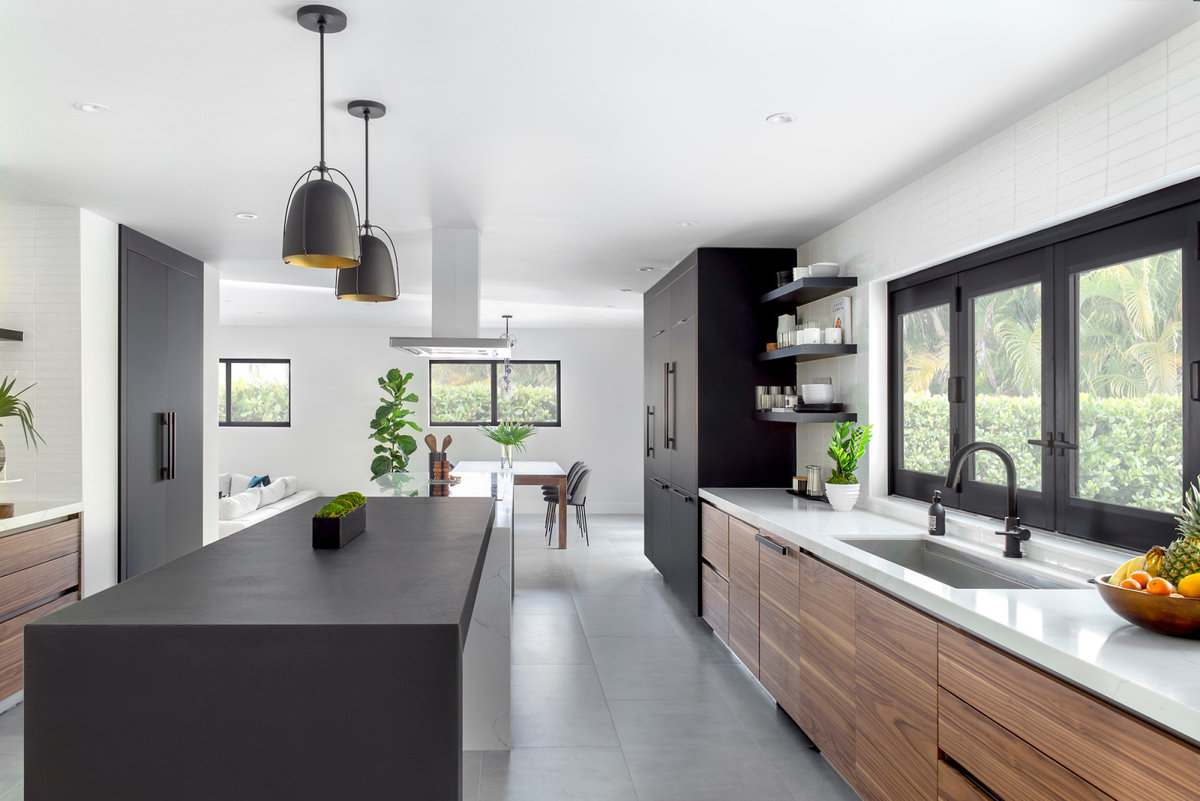
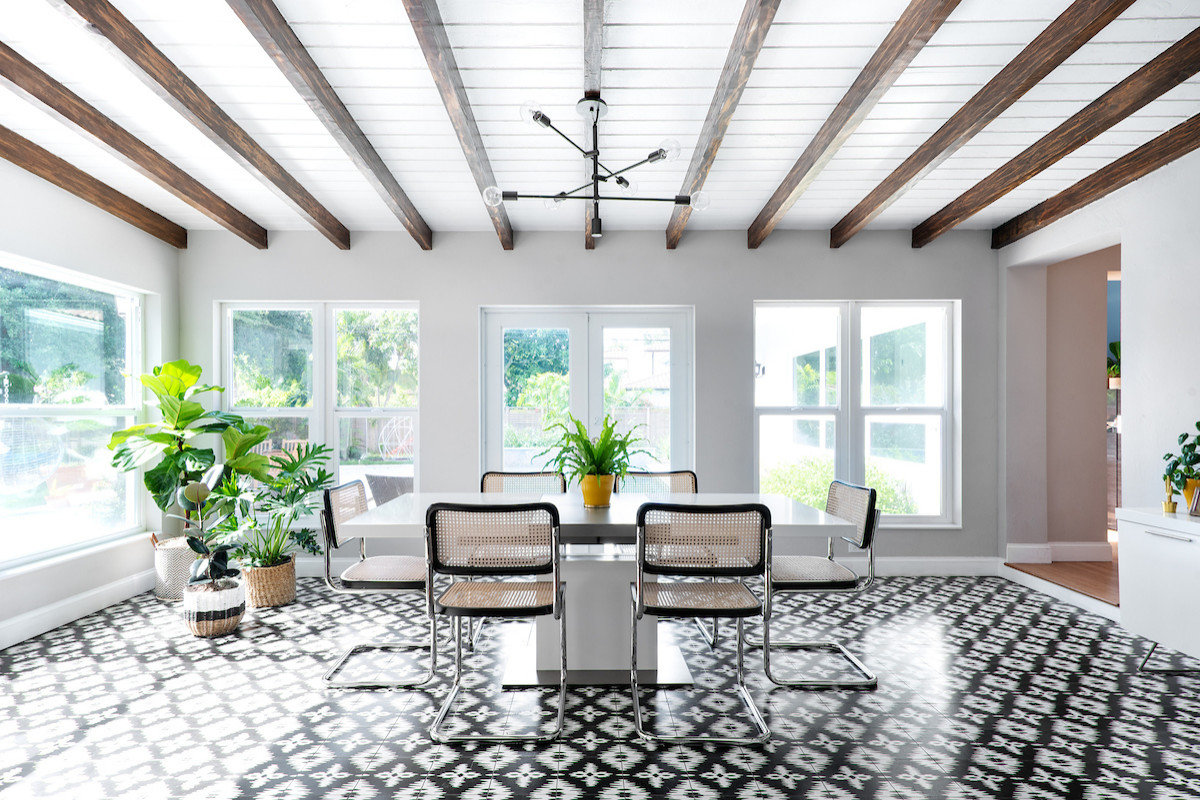
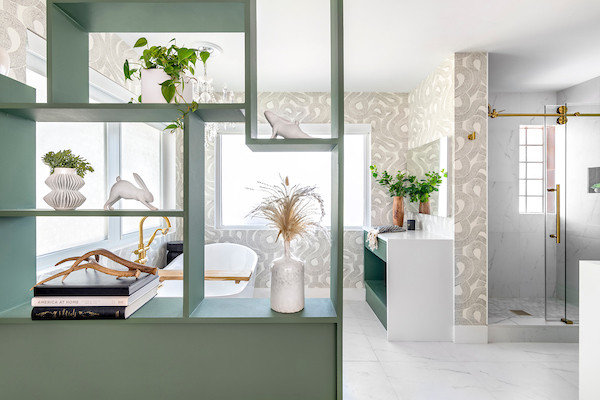
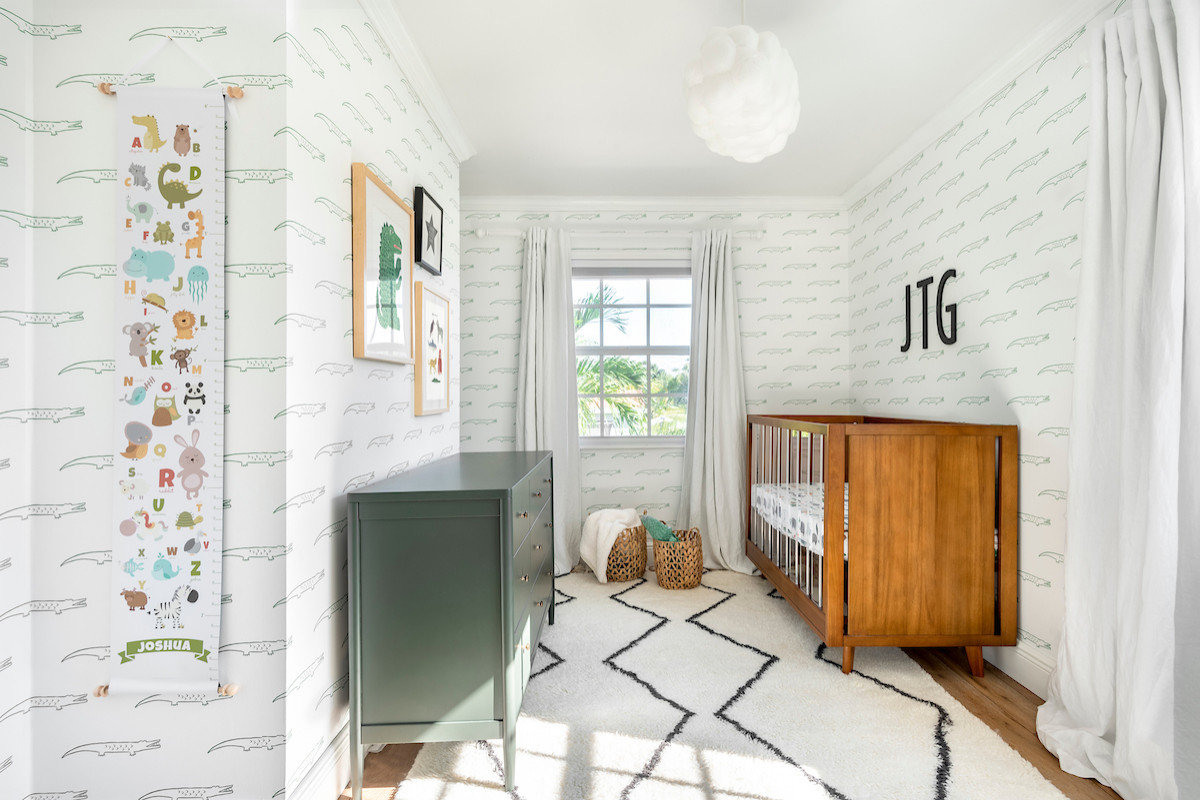
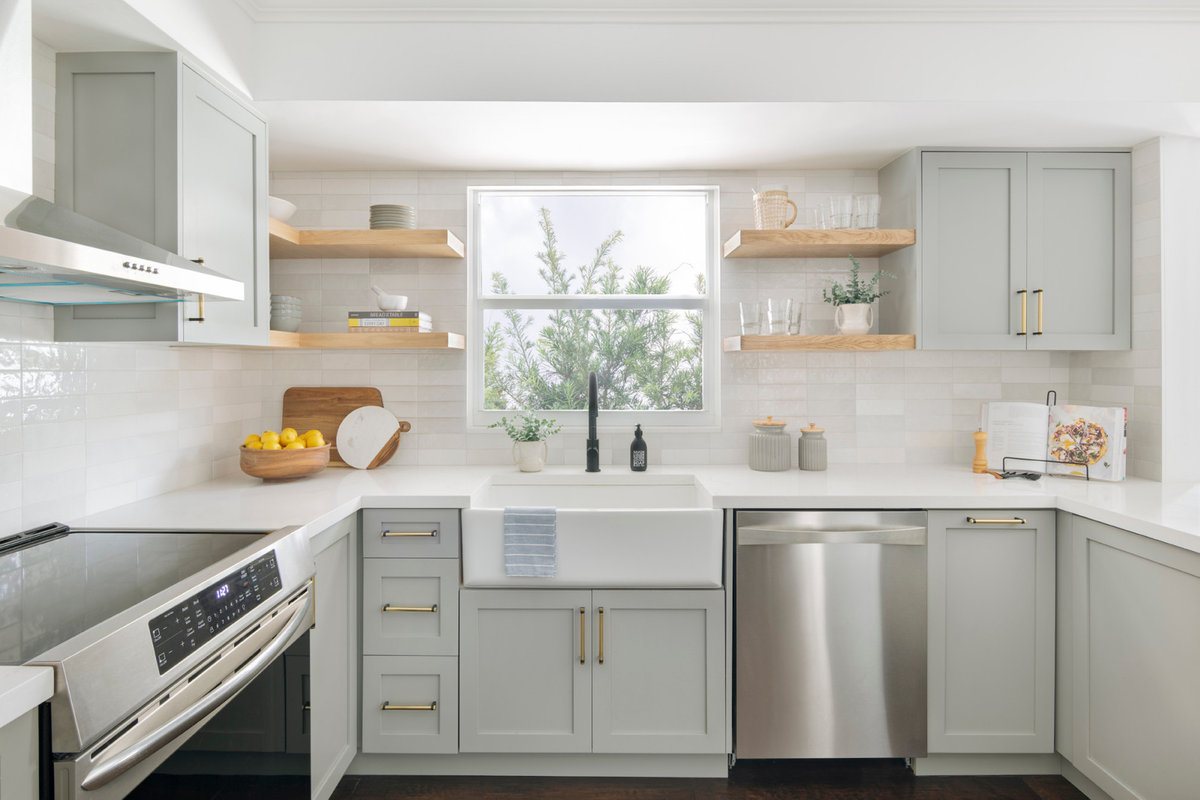

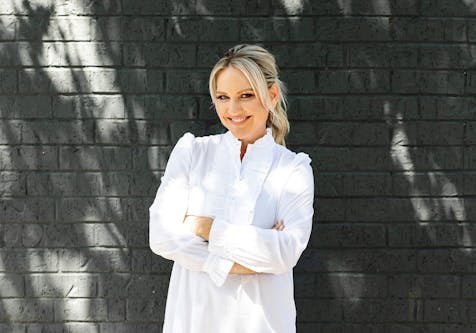


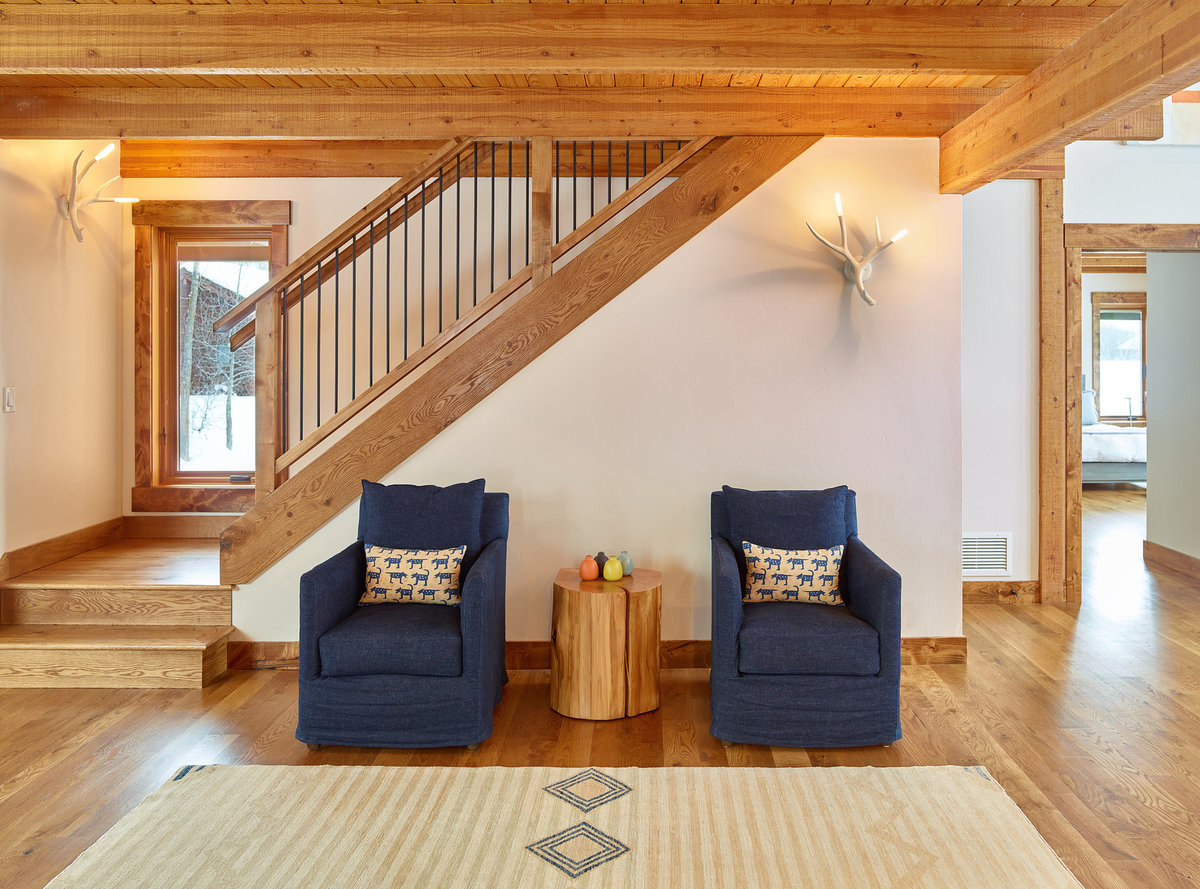
Join the conversation by commenting or asking a question below. The Houzz team reads every single comment, and we’ll get back to you by email if you need us!